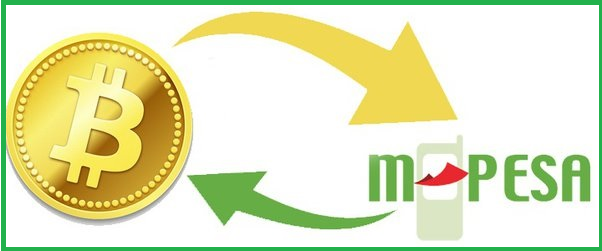Kenya, one of the largest fertiliser importers, is set to ponder a significant restructuring of its fertiliser importation practices after facing severe criticism from Moussa Faki Mahamat, the Chairperson of the African Union.
The critique was delivered during the Africa Fertiliser and Soil Health Summit held in Nairobi on Thursday, May 9.
Faki Mahamat denounced African nations’ heavy reliance on European-imported fertilisers, urging them to prioritise locally manufactured alternatives. He expressed concern over the continent’s disproportionate dependence on imported fertilisers despite the presence of local production capabilities.
“Some African countries produce fertilizers but we depend mostly on imported fertilizers, which are expensive for our farmers,” lamented Faki Mahamat. He pointed out to the importance of utilising existing continental assets to bolster local production and ensure the availability of quality, affordable fertilisers.
Kenya, among the top five net importers of fertiliser on the continent, alongside Ethiopia, Cote d’Ivoire, Zambia, and the Democratic Republic of Congo, is contemplating a shift in its fertiliser procurement strategy. According to data from the World Bank, there’s considerable potential for redirecting fertiliser trade within Africa to mitigate the impacts of global crises such as the Ukraine-Russia conflict.
Kenya, which spends more than about Ksh56 billion annually on fertiliser purchases is facing a crisis of fake fertiliser with Members of Parliament seeking to impeach Agriculture Cabinet Secretary Mithika Linturi over the same.
Despite being endowed with significant agricultural potential, Kenya primarily imports its fertiliser from outside the continent. The Kingdom of Jordan emerges as a key source, with Germany also contributing to Kenya’s fertiliser imports, as revealed by World Bank data.
Addressing the summit, Kenyan President William Ruto echoed Faki Mahamat’s sentiments, advocating for enhanced local manufacturing to ensure accessibility and affordability of fertilisers. Ruto stressed that local production would not only boost farm productivity and output but also fortify food security efforts across the continent.
Faki Mahamat further lamented the continent’s low adoption of fertilisers, citing an agreement signed by nations to achieve an average usage of 50kg per hectare annually. However, nearly two decades later, the average fertiliser use stands at a mere 18kg, falling short of the 2006 target.
“We have a responsibility to learn and apply the lessons on why this gap remains,” stated Faki Mahamat. He highlighted the necessity of strong political will among member states to prioritise the agricultural sector and mobilise domestic resources for its development.
The volatility in global fertiliser prices, exacerbated by disruptions in supply chains due to geopolitical conflicts, poses significant challenges to African farmers. Belarus and Russia, major fertiliser suppliers for Africa, have experienced disruptions in exports due to the war, while other exporting nations have imposed restrictions to safeguard their domestic markets.
In response to these challenges, President Ruto’s government has initiated the importation of 12.5 million bags of subsidised fertiliser to mitigate the impact on local farmers. Kenya’s imports of fertilisers, amounted to US$419.81 million (approximately Ksh56 billion) in 2022, pointing to the urgent need for a more sustainable approach to fertiliser procurement and production.
Source: kENYANS.CO.KE












